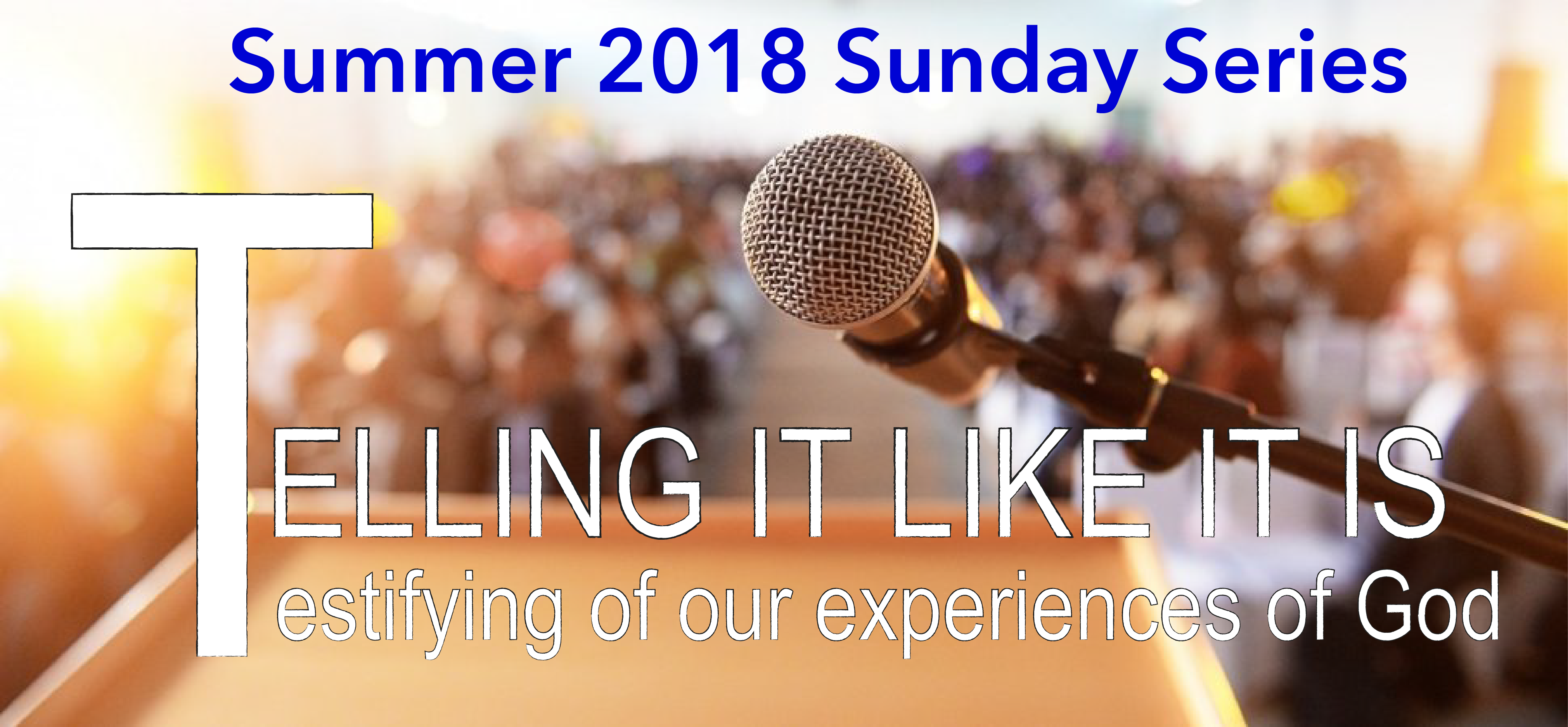

Romans 5:1-11, 18-21 (the Message)
The pastoral letter we call Romans is the chef-d’oeuvre of the work of the apostle Paul. This note to the church in ancient Rome is a soaring piece of literature and hymnic poetry that deals with the deepest theological and ethical questions that we still face ourselves today. They include: How do we come to faith in Christ? Does it matter what religious, or non-religious, background from which we start that journey? How is it that the life and death of Jesus changes, shapes and redeems my life?; our life?; our world? How can this belief in the good news of Jesus as good news for the whole world be true when bad things happen to both good and bad people?
Romans 5 comes in the middle of the argument that Paul makes for following Jesus as Lord based upon Roman rhetoric, logic and Judeo-Christian theology. He has so far laid out that the observation that something is amiss in the world in terms of justice. This comes from sin: the human capacity and choice to choose other than the wisdom and right-living that God wills for us. The story of the tree in the garden reveals how that propensity for rebellion, or for rejection of God’s will to prioritize our own (in Adam and Eve eating of the Tree of Knowledge), dominates our being, social relationships, and institutions. Paul advances that as sin came into the world through one choice, sin can be undone, or reverse-redeemed through one choice: Jesus dying on the cross as a result and ransom price for such sin. Through the person and passion of Jesus what was once a powerfully contagious downward spiral towards death has been transformed into an infective upward-spiral pulling us towards the abundant life God desires for us.
This dynamic that Paul calls justification is surprising and unique among religious ideas. It’s free, coming without a cost that can be pre-paid, earned through right actions, or deserved through tribal belonging. It’s a gift of love given freely without any sort of quid-pro-quo-deal-making or application process. In fact, Paul says that what defines it most is that Christ gives the gift, (or “grace” in Greek) without us asking, or even being aware. God in Christ acts first, not to trick, guilt, or implicate us in a prescribed reaction; but out of pure unadulterated love. It’s a manifestation of God’s heart which when experienced can only be responded to with ecstatic awe, life-changing self-awareness, and active gratitude. As Jean Calvin wrote, our only response is to say Thank You! In all that we are, do, say and become.
Questions for the practice of Examen & Contemplation
- What word, phrase or image in the passage grabs your attention?
- Baptism is the visible way in which we receive, experience and articulate the invisible gift-grace of freely-given love. How have you experienced that gift in life?
- What do you do with this gift of love? Who would you like to receive and/or know it? Why?